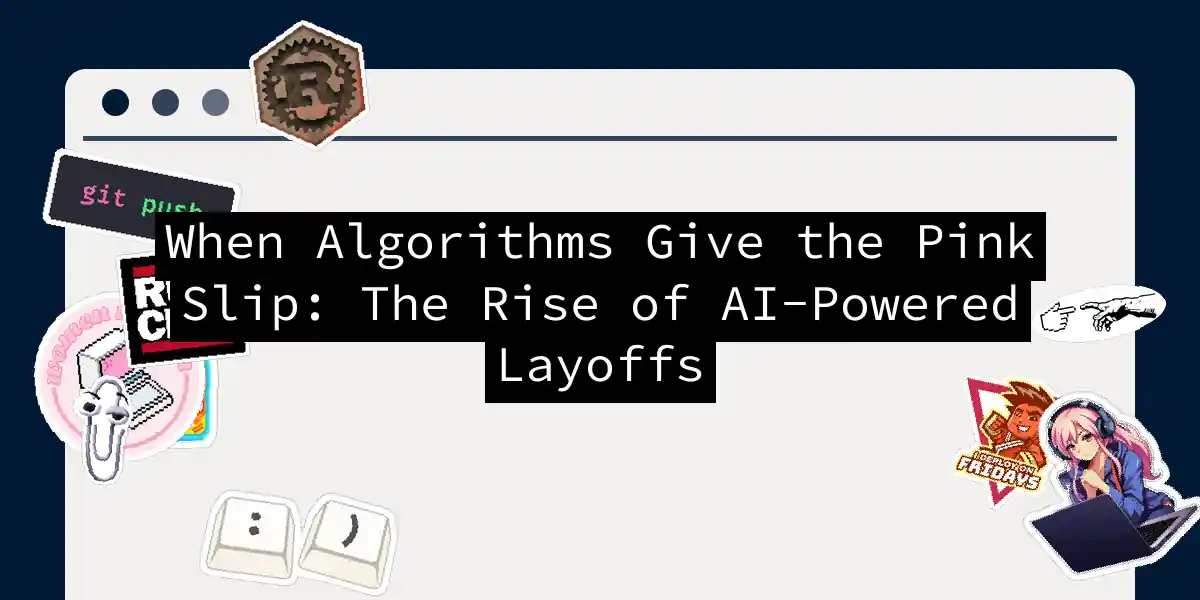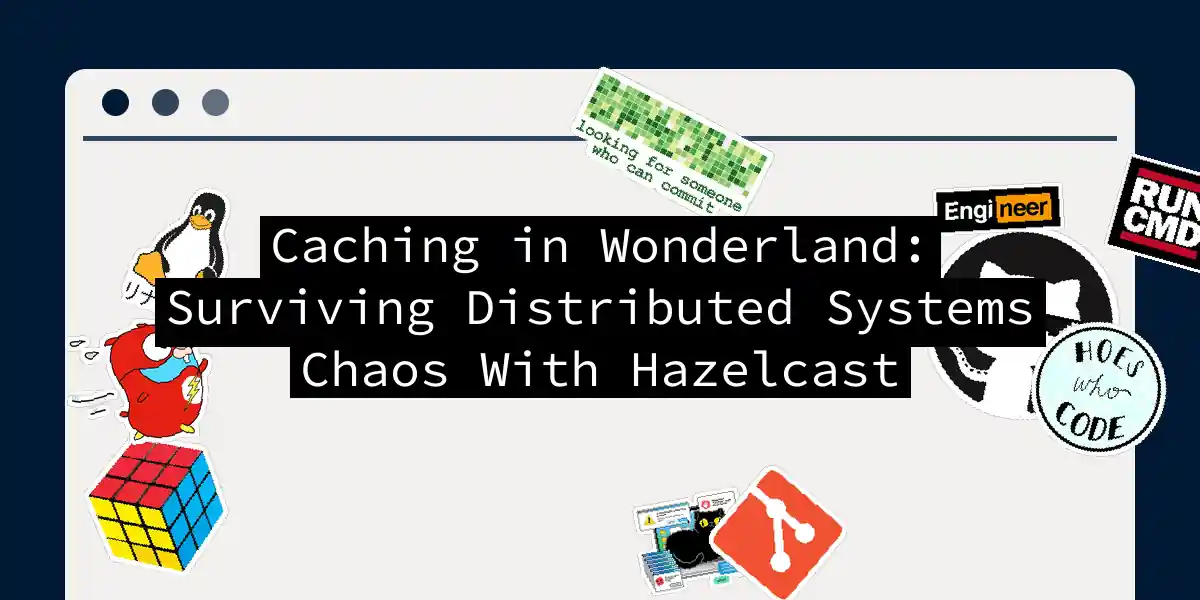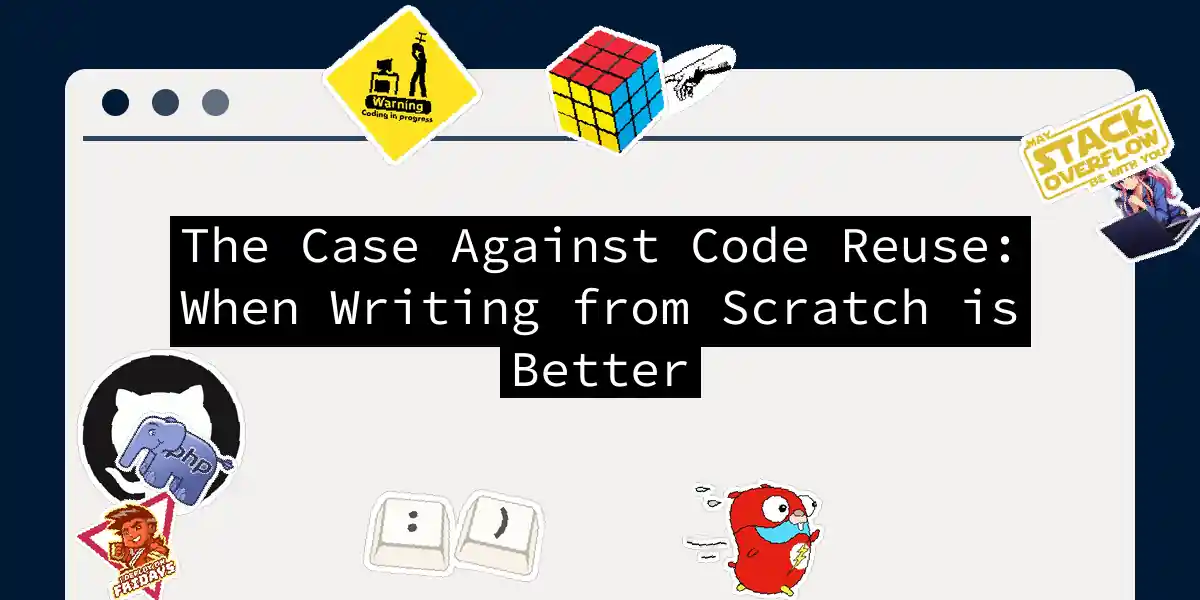
When Algorithms Give the Pink Slip: The Rise of AI-Powered Layoffs
Let’s face it - Skynet didn’t need killer robots to take over. It just needed a Python script and some venture capital funding. In 2025, we’ve reached peak irony: the same companies that promised “AI will create more jobs than it eliminates” are now using machine learning models to decide whose LinkedIn profile gets the dreaded “open to work” banner. The Code Behind the Carnage Modern layoff algorithms typically follow this three-step process:...



